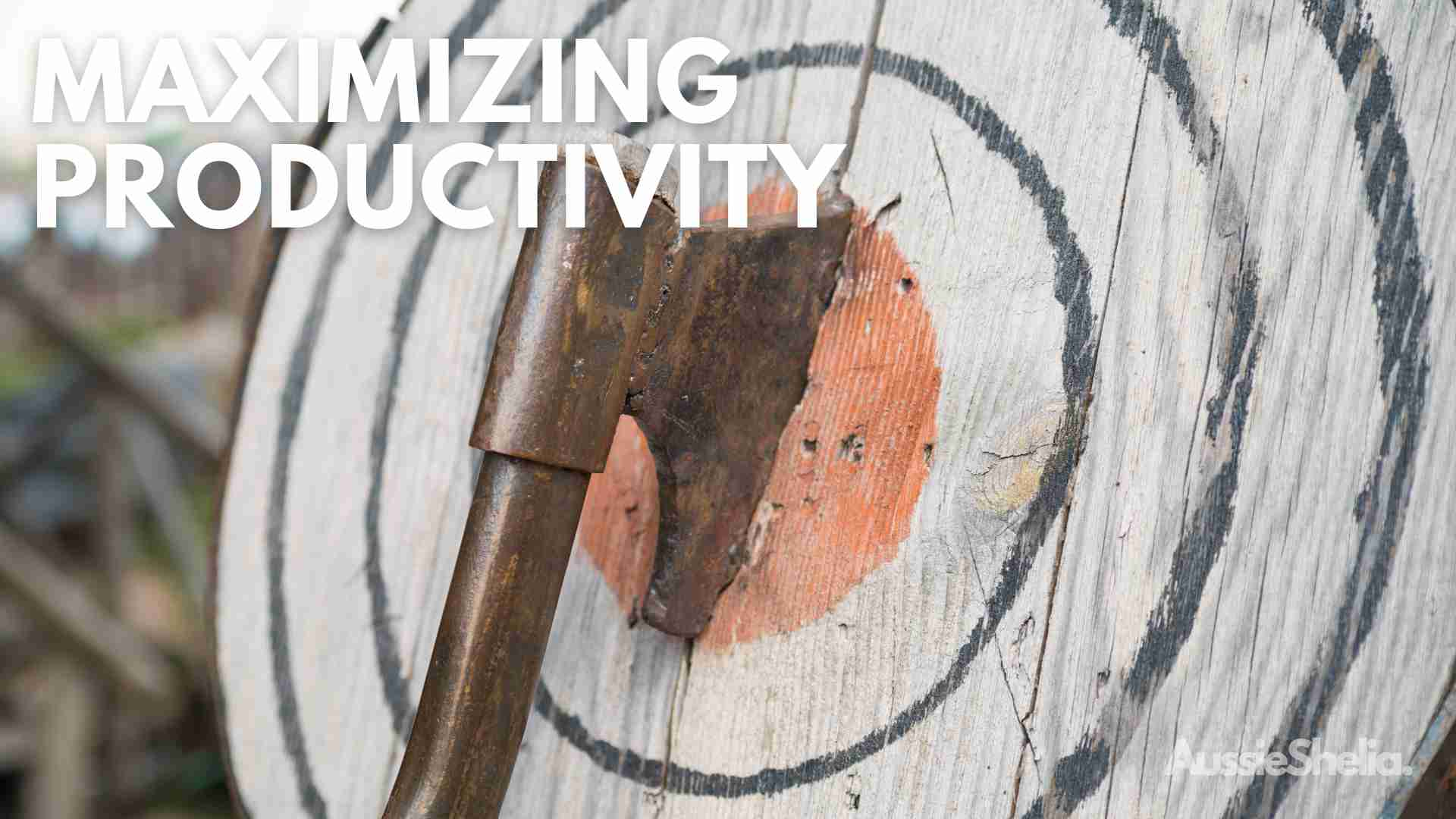Families in Crisis: The Devastating Impact of Meth Addiction on Loved Ones
Methamphetamine, commonly referred to as meth or Ice, also known as crystal meth, is a very addictive illegal drug. It has become a national crisis in Australia with one of the highest usage rates in the world, meth is having devastating impacts across the country. Methamphetamine addiction brings chaos and hardship into a family. For parents with a meth-addicted child, the emotional toll can be immense. From financial strain to isolation, having a child in the grips of addiction threatens to undermine the entire family.
The Nature of Methamphetamine
Methamphetamine is an extremely potent stimulant that affects the central nervous system. Most commonly it is smoked, injected, snorted or taken orally. It creates an intense sensation of euphoria due to releasing high levels of dopamine in the brain. Meth is highly addictive psychologically and physically.
Prevalence in Australia
Australia has alarming rates of meth usage. Government surveys indicate around 7% of the population has used meth at least once. Of great concern is that 1% report using it regularly. Overall meth usage is estimated at over 270,000 people annually. Australia now has the highest per capita usage of meth in the world.
Health and Social Impacts
The health effects of meth are severe. Chronic use leads to dental decay, weight loss, erratic behavior, hallucinations, anxiety and psychosis. Strokes, heart attacks and death can occur. Psychologically it can cause paranoia, aggression and mood disturbances.
Crime, family violence, unemployment, poverty and homelessness are all exacerbated by meth addiction. Health costs are approximately $5 billion per year, with long-term rehabilitation programs frequently unsuccessful.
Use during pregnancy endangers unborn children. Parental meth addiction often leads to neglect and abuse, with many children placed in out-of-home care.
Methamphetamine addiction brings chaos and hardship into a family. For parents with a meth-addicted child, the emotional toll can be immense. From financial strain to isolation, having a child in the grips of addiction threatens to undermine the entire family.
The emotional trauma inflicted on parents is often overwhelming. There is constant stress and anxiety about the addict’s wellbeing and safety, with the perpetual risk of overdose or death. Parents describe feelings of profound grief and guilt, regretting not being able to prevent their child’s descent into addiction. They are also frequently plagued by frustration and helplessness at their inability to “fix” the problem.
Relationships within the family become strained as the addict starts to lie, manipulate, and even steal from loved ones to fund their drug habit. Boundaries often damage the parent-child bond but are necessary for self-preservation. Trust is gradually eroded, and family members are pitted against each other.
The financial costs of addiction also take their toll – from funding repeated visits to rehab to paying for drug tests, medical bills, and legal expenses. Addicts may continually steal money from relatives’ purses and wallets when desperate for their next hit.
At home, daily life becomes dominated by the addict’s erratic and unpredictable behavior. Mood swings, violence, and drug-induced psychosis create an environment of constant chaos and stress. For siblings, there is a sense of neglect as their meth-addicted brother or sister becomes the family’s all-consuming focus. Exposure to the addict’s frightening behavior can leave emotional scars.
Meanwhile, the shame and stigma surrounding addiction can lead to painful social isolation. Maintaining the façade of a perfect family becomes exhausting. Friends and community don’t understand what life is like inside the home. Families feel pressure to hide the problem.
Over time, repeated cycles of broken promises, short-lived sobriety and relapse destroy any sense of hope. The ongoing battle is both financially and emotionally draining. For families living this daily nightmare, support services are a much-needed lifeline. But with steely resilience, some do make it through to the other side.
Recognizing the Signs of Methamphetamine Addiction in Your Child
Methamphetamine, commonly known as “meth” or “ice,” is a powerful and highly addictive central nervous system stimulant. The drug’s potency and the rapid onset of addiction make it a significant concern for parents. If you think your child may be struggling with meth addiction, seek professional help immediately.
Behavioral Signs
- Increased Agitation
Unexplained irritability, restlessness, or aggression can be a sign of meth use. The drug often leads to heightened emotional responses, making the user more prone to agitation. - Secretive Behavior
If your child is hiding activities, lying, or being evasive, it could be a red flag. Meth users often become secretive to hide their addiction. - Social Withdrawal
Isolation from family and friends is another common sign. The drug can make users withdraw socially as they become more focused on their addiction. - Loss of Interest
A sudden disinterest in hobbies, activities, or responsibilities can indicate substance abuse. Meth often becomes the primary focus, pushing aside other interests. - Financial Issues
Unexplained expenses, stealing money, or selling possessions are often signs of drug addiction. Meth is not cheap, and sustaining the habit can lead to financial troubles. - Legal Troubles
Arrests or other legal issues related to substance abuse can be a clear indicator of addiction. - Erratic Sleep Patterns
Staying up for extended periods or sleeping for long durations can be a sign of meth use, as the drug severely disrupts normal sleep patterns. - Hyperactivity
Sudden bursts of energy, excessive talking, or fidgeting can also be indicative of meth use.
Physical Signs
- Weight Loss
Rapid or severe weight loss is a common side effect of meth use. - Dilated Pupils
Larger than normal pupils can be a sign of stimulant use. - Skin Issues
Sores, acne, or a flushed appearance are often associated with meth use. - Dental Problems
“Meth mouth,” characterized by tooth decay, gum disease, and tooth loss, is a well-known consequence of meth addiction. - Body Odor
An unusual or strong body odor, often described as a “chemical smell,” can be a sign of meth use. - Nasal Issues
Frequent nosebleeds or a runny nose, especially if the drug is snorted, can indicate meth use. - Twitching or Tremors
Uncontrollable movements or shaking can be a side effect of meth use.
Psychological Signs
- Paranoia
Extreme distrust of others can be a psychological effect of meth use. - Hallucinations
Seeing or hearing things that aren’t there is another psychological symptom. - Anxiety
Increased levels of nervousness or panic attacks can indicate meth use. - Depression
Feelings of extreme sadness or hopelessness can be a sign of meth addiction. - Mood Swings
Rapid changes in mood without a clear reason can also indicate meth use.
If you notice any of these signs in your child, seek professional help immediately. Meth addiction is a serious medical issue that requires specialised treatment. Consult healthcare professionals for an accurate diagnosis and appropriate treatment options.
Meth presents a major public health crisis for Australia. A comprehensive response engaging law enforcement, educators, and the health sector is required to reduce supply, demand and harm. Without action, meth threatens to undermine the very fabric of Australian society.









